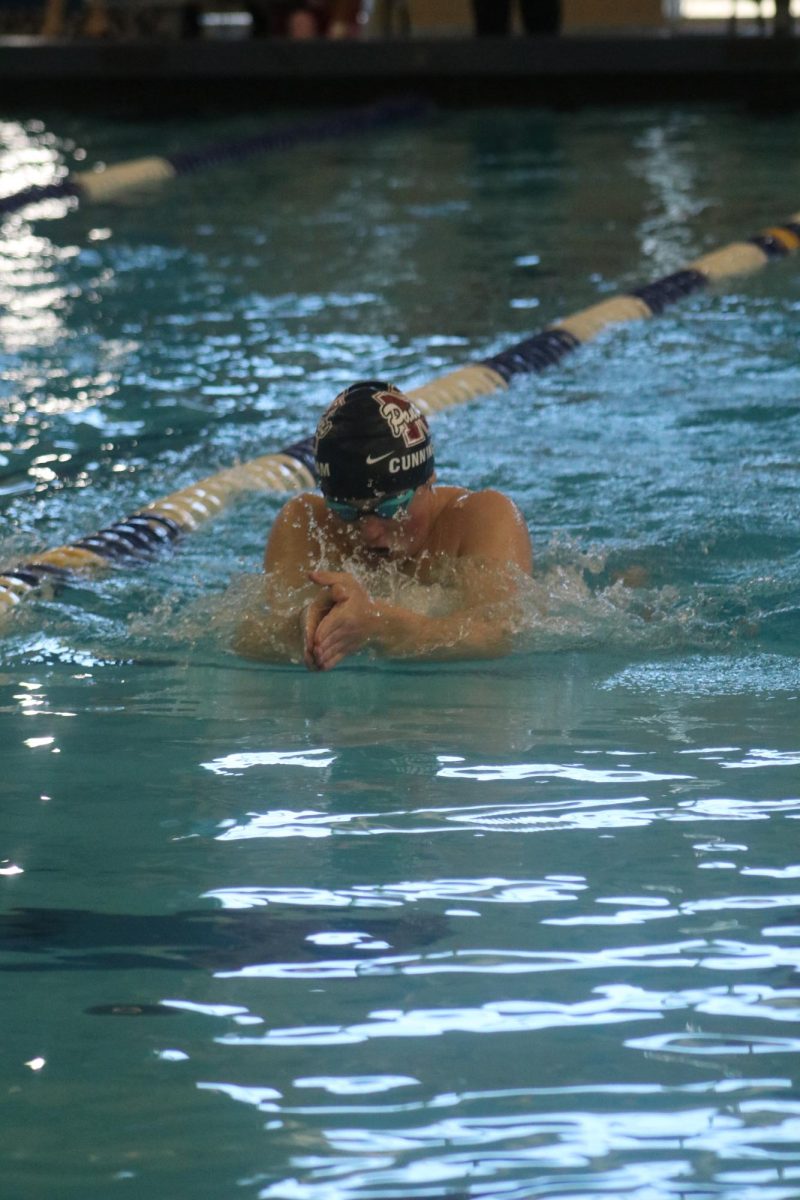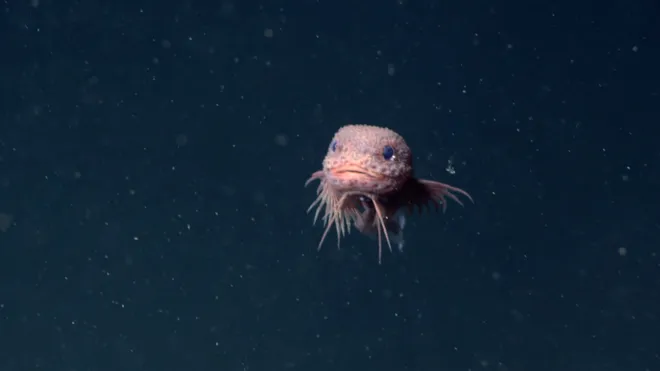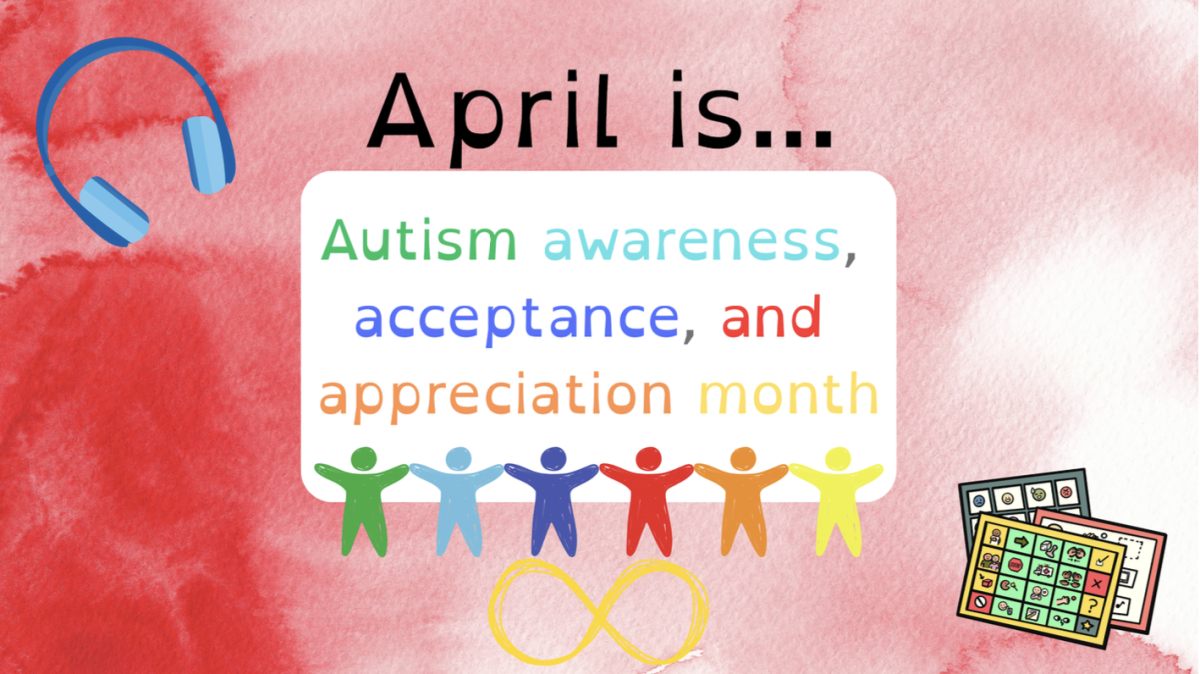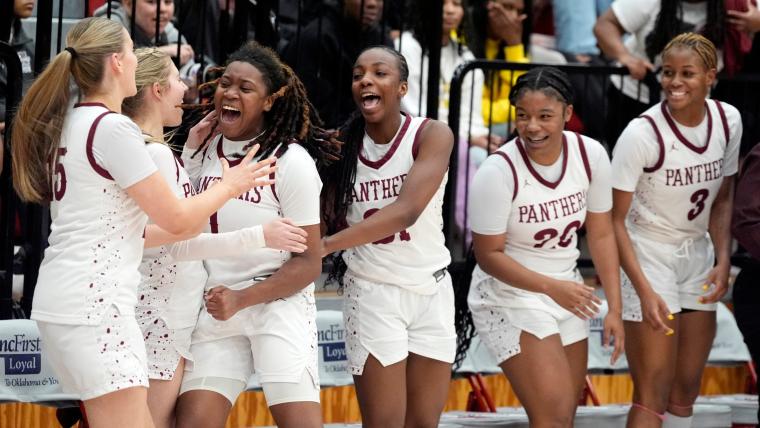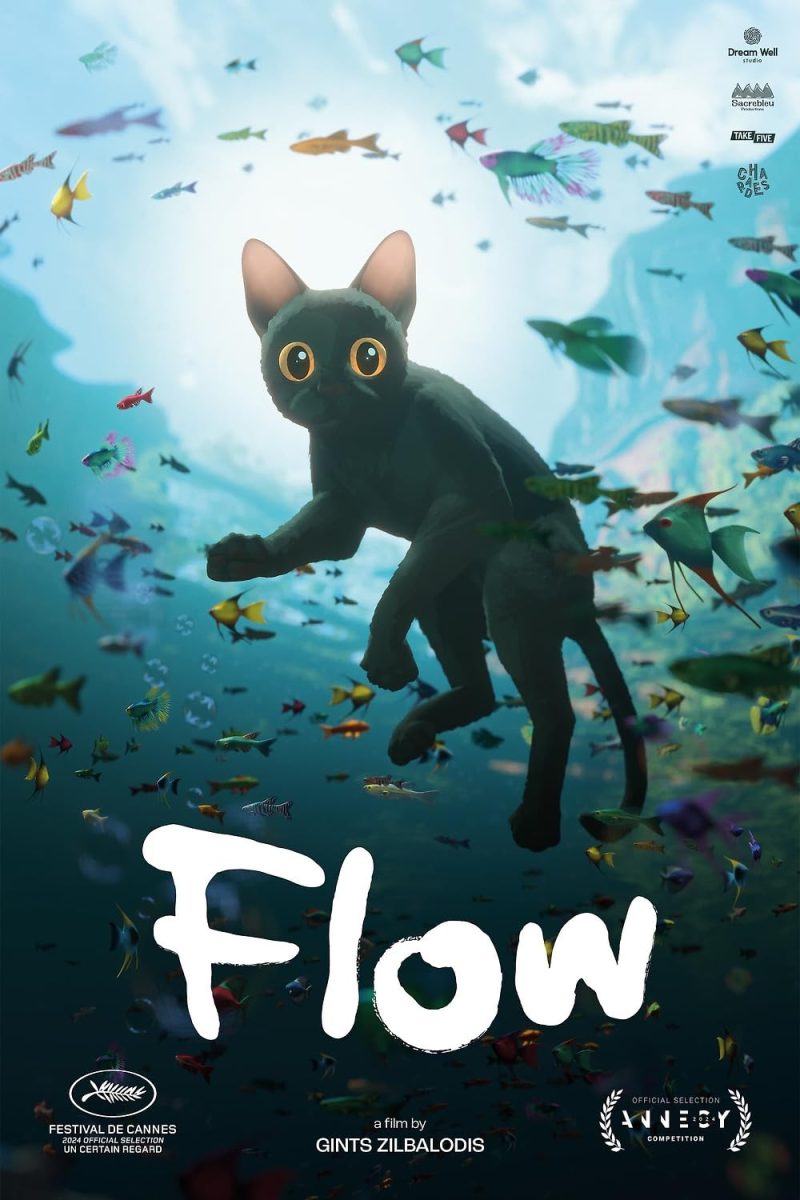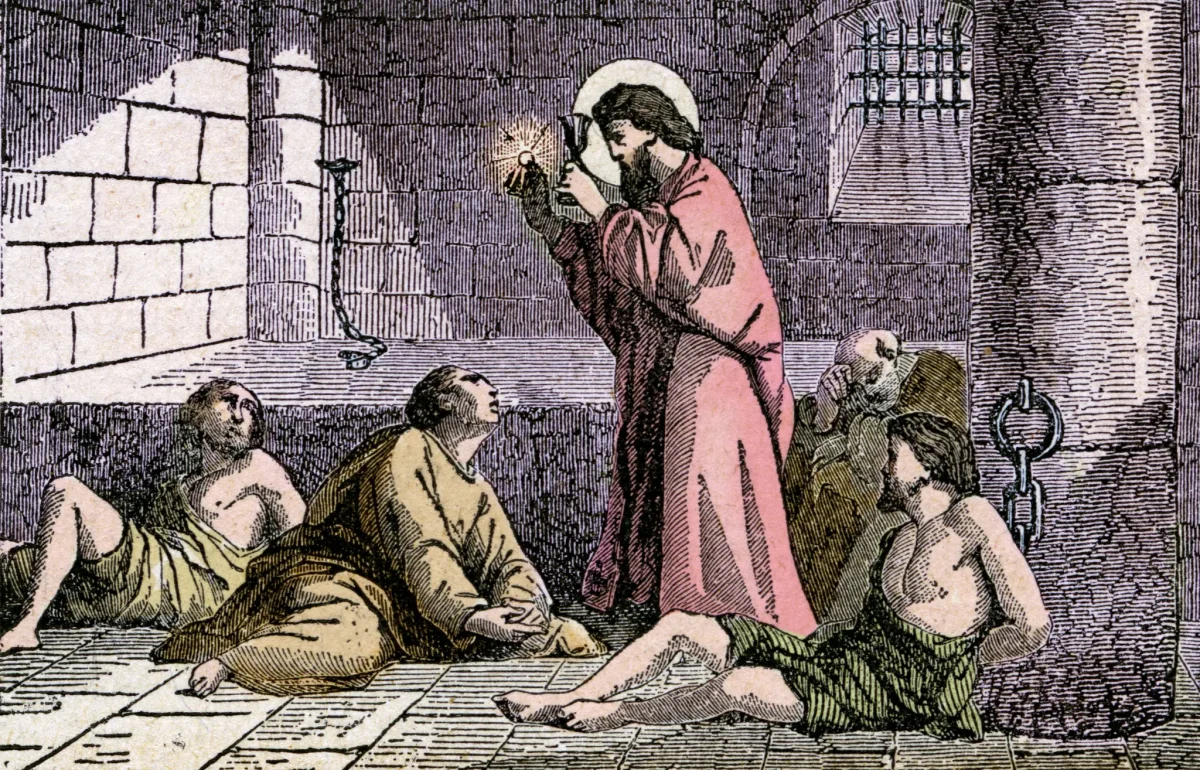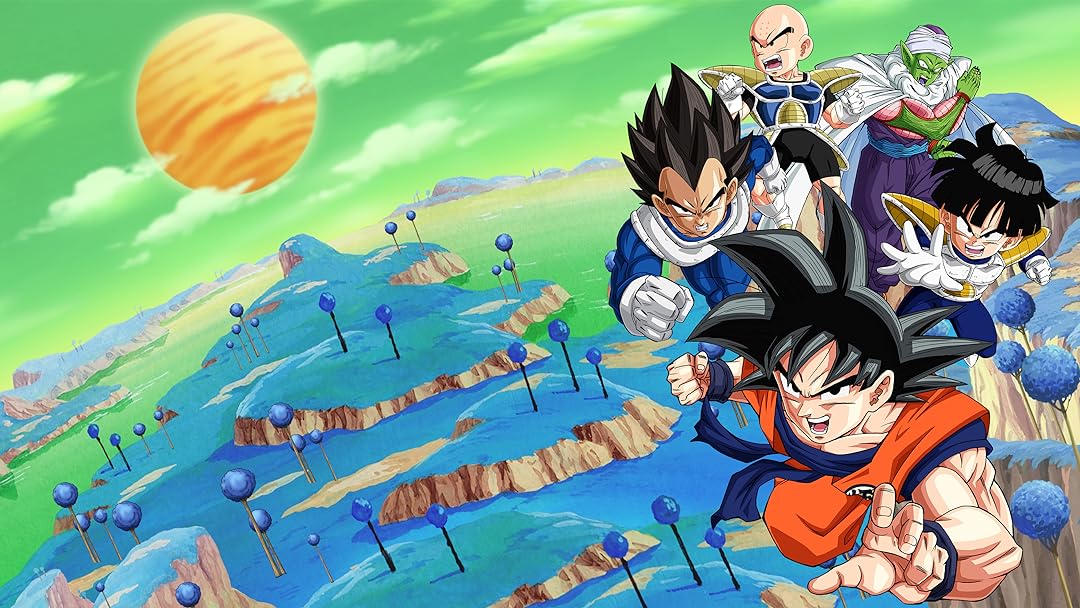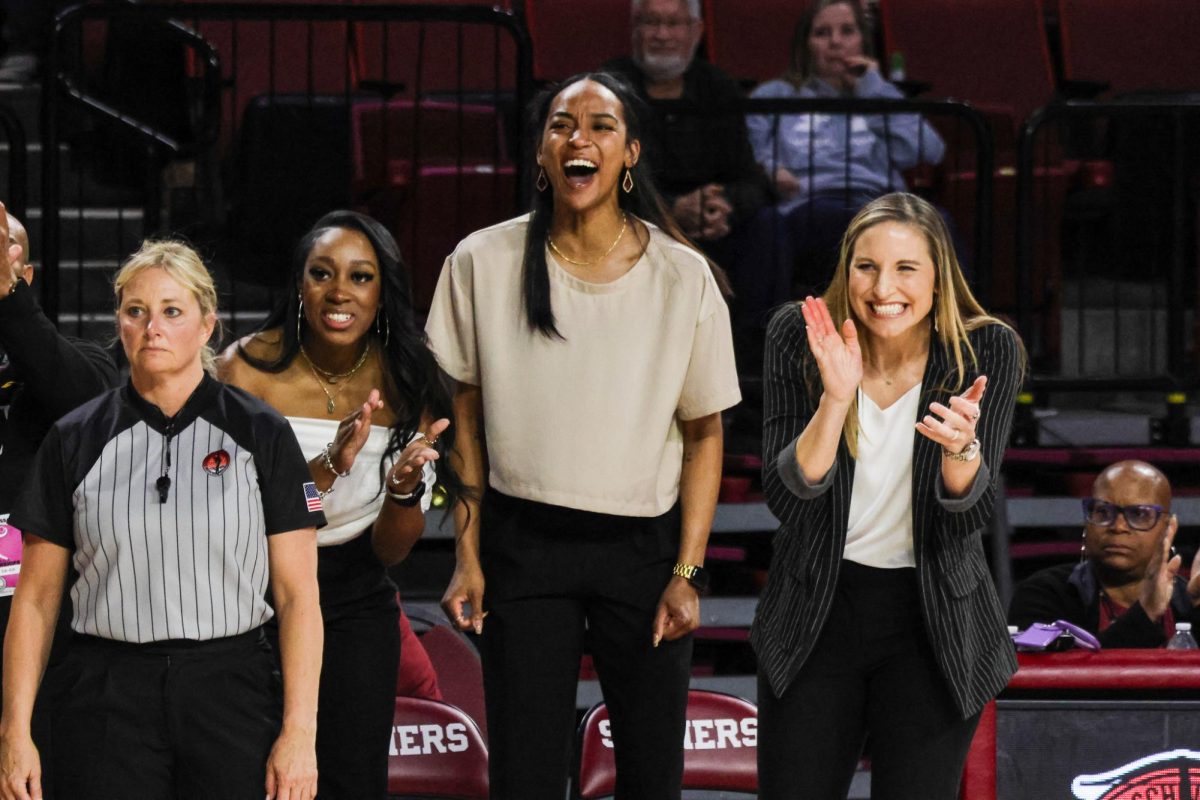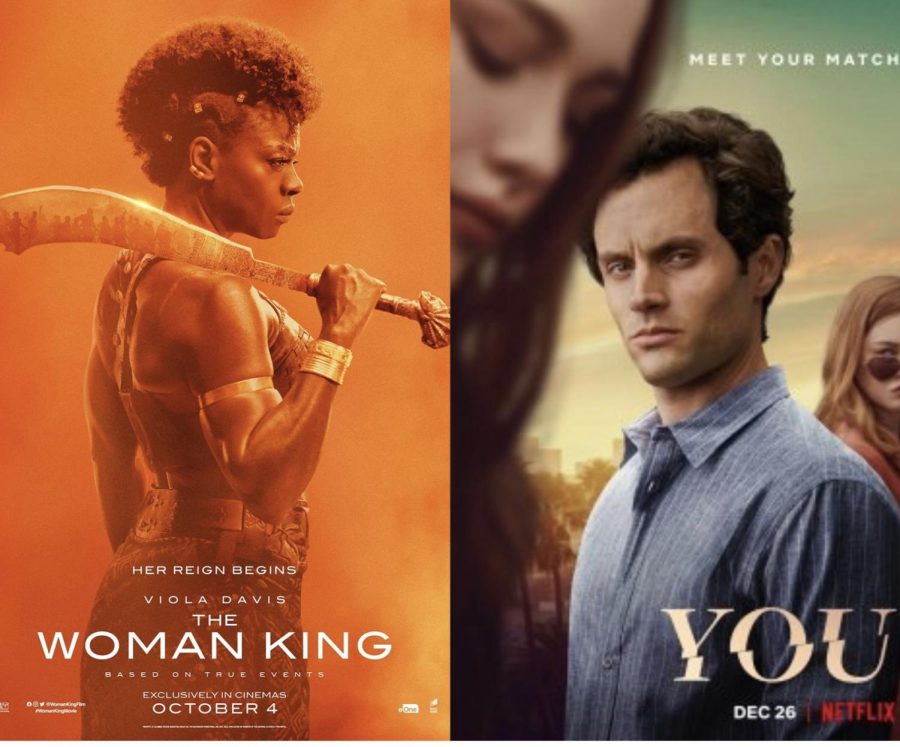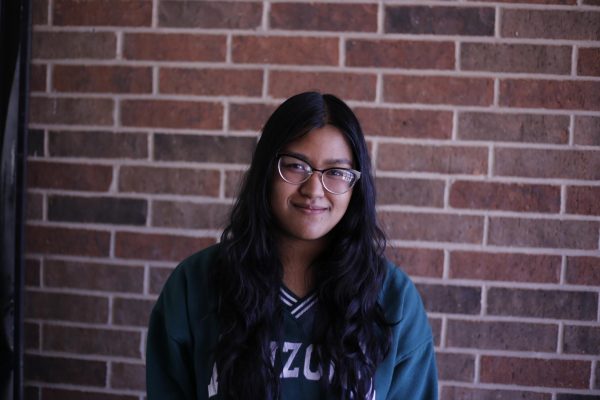On March 29th, for the whole day, Psychology students were excused to stay in the little theater to listen to different speakers in different areas of specialities.
This was the schedule for the day:
- ● The first speaker was our school mental health counselor, Jess Smith. She discussed how her job treating outpatients went, and detailed some of her craziest stories.
- ● After her was a particularly heavy presentation. Special ED teacher Katrina Dolezai talked about the child she had adopted with Reactive Attachment Disorder. Her child was the worst case scenario however, and it brought to light just how important it was to care for a child in their developmental stages.
- ● After her presentation, Angela Murphree came by and talked about her OCD, and how it affected her in her daily living. She also described how she overcame it, as well.
- ● Next came Dr. Stephen Burgess who teaches psychology at Southwestern Oklahoma State University (SWOSU). He talked about all the different Psychology classes there were, and what exactly he taught in them.
- ● The second to last speaker was Kristy Lowe, a therapist for inpatients. She shared her stories and why she continues to be a therapist even after all of her negative experiences.
- ● Lastly, Clay Maddox came to talk about sports therapy for which he is currently studying. He talked about how these therapists tackle the topic of feeling grief for a sport you can no longer play.I was one of those students who attended and watched each speaker, and it was such a
good experience. Each person who took time out of their day to talk to us gave us different things to take away, from personal experiences to college advice, and it really was just more than what we expected.
Similar to my own opinion, PCN junior Aspen Keller says that “the presentations and learning about the different types of psychologists and their experiences helped me to become more aware about the things that happen in the field.” Respect is very much due to these people who go through so much burden to try and help to navigate the thoughts of other people, and I’m glad Psych day was able to open our eyes about that.
PCN Psychology teacher, Brooke Fonzi, who organizes the events each year, says that “I like to introduce people to what it’s really like to be a therapist. This class is pretty fun and lots of people think they want to go into it as a career, but I like for them to see all sides before they
commit.” That whole idea of truly knowing what you are getting into before pursuing a career is a big one because most of the time when we think we are prepared, we really aren’t. There is so much talk about how interesting psychology is, but we never really know what our therapists go through, and what highs or lows they have to deal with daily. People are all different, and their job is to understand the most unpredictable living things on this Earth.
Due to Fonzi’s care in educating us in ways that many people forget to, we as a whole group of students feel more knowledgeable about what is to be expected. Although sometimes that dissuades someone from a particular major or job, it is not a bad thing at all because it’s making sure to leave no opportunity for disappointment.
Just like how I was influenced to pursue psychology as a minor in college, PCn senior Michelle Phan says she is “more interested in studying psychology, but not so much pursuing psychology as a career. I feel like this experience kind of opened my eyes more into how difficult and dangerous the job is, and I don’t think that is something I’m willing to put myself in.” She is perfectly valid in that.
Keller expresses the same opinion, saying that they were dissuaded from pursuing psychology in the future because of how much mental preparation it takes to be a psychologist. I think that was another very important thing we learned though, because just as we didn’t know what the career entails before Psych Day, we didn’t know what being a psych major entailed. As I mentioned before, my respect for the people in this field grew tenfold, or even the people who are affected by everyday situations that seem so out of reach to those of us who are lucky.
To be in the know is important, even if the curse of knowledge is a very real existing factor because to be in the know means to have more of an opportunity to be empathetic and that is where it all begins.




